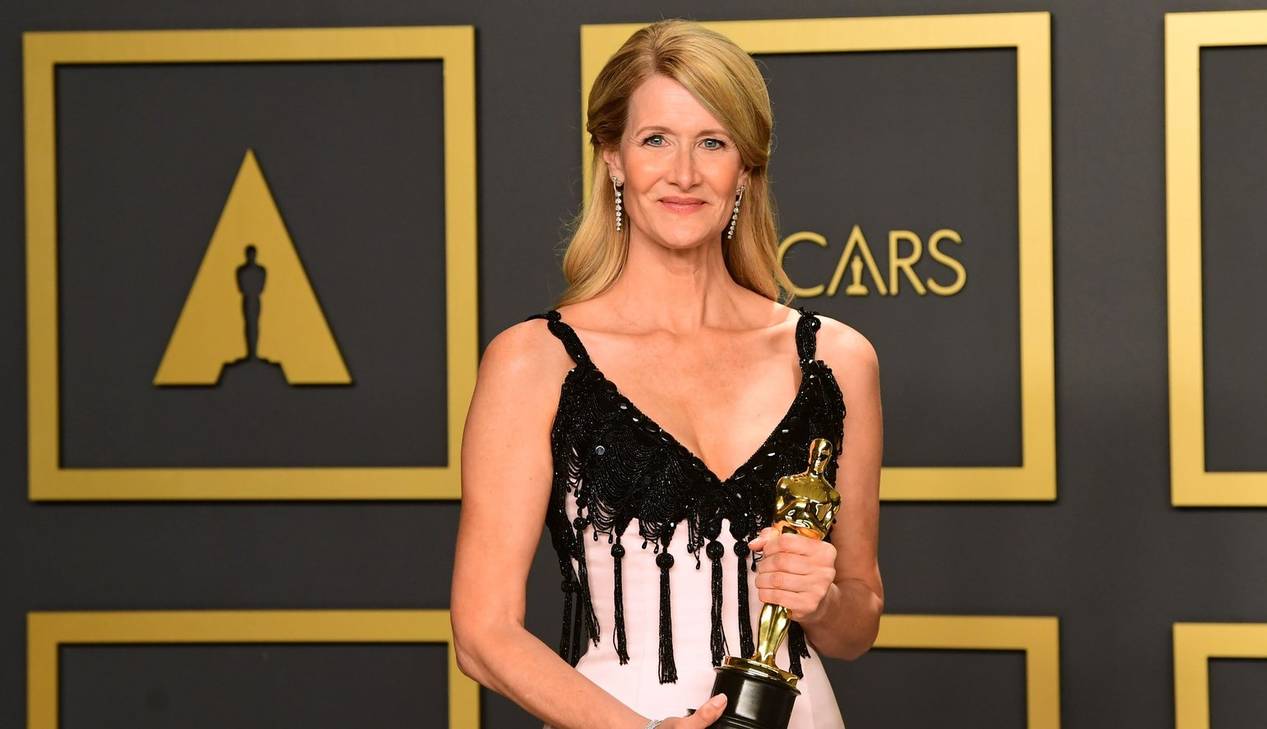Parasitism Wins the 2020 Oscars
Bong Joon-ho’s film about a working class family who infiltrates a wealthy one also took home the award for Best Screenplay, Best Director and Best International Feature. “After winning Best International Feature, I thought I was done for the day and was ready to relax,” said the director, visibly surprised. “When I was young and studying cinema, there was a saying that I carved deep into my heart which is: The most personal is the most creative. That quote was from our great Martin Scorsese. And when people in the US were not familiar with my film, Quentin always put my films on his list. I would like to get a Texas Chainsaw, split the Oscar trophy into five, and share it with all of you.”
The Academy wanted to signal a change this way, by awarding a foreign language film for the first time and taking a step towards inclusivity. Parasite’s dystopic reality, composed of a poor and run-down city on one side, made of dirty alleys which house, inside a basement, the ragged Kim family, while on the other lies the lavishly modern Park home, shows the effects of the diffusion of capitalism in terms of social separation and pronounced inequality. A universal tale, which apparently convinced the reluctant members of the Academy to take note of the current global situation, where in the desperate attempt to get a slice of the social product, the most immediate solution is parasitism, a transversally immoral culture, which involves the poor as much as the rich.
The film, which features Gianni Morandi’s song “In ginocchio da te,” beat Ford v Ferrari, The Irishman, Marriage Story, Little Women, 1917, Once Upon a Time in Hollywood, Jojo Rabbit and crowd favorite Joker. Todd Phillips’ film made it to the Oscars with 11 nominations, the results of a democratic choice that the jury had to make, unable to ignore the fact that Arthur Fleck’s descent into madness leading to his transformation into a blood-thirsty clown reached the highest numbers in box office history.
Because Joker is a disturbing, violent film. Someone from the Academy even said it incited and celebrated homicide. Giving it Best Picture would have meant making America face the most perverse elements of its society. The fact remains that Joker was the first DC comics film to receive a Best Picture nomination. And Joaquin Phoenix won the well-deserved title of Best Actor for his interpretation of Arthur Fleck. In his speach, Phoenix called the audience to fight for “rights” and against “gender inequality or racism or lgbt descrimination.”
“We've become very disconnected from the natural world and many of us are guilty of an egocentric worldview. We go into the natural world, and we plunder it for its resources. We fear the idea of personal change because we think that we have to sacrifice something. But when we use love and compassion as our guiding principles, we can create, develop and implement systems of change that are beneficial to all sentient beings and to the environment.”
Renée Zellweger won Best Actress for Judy. 1917, favored on the eve of the show, received three Oscars (Cinematography, Sound Mixing, and Visual Effects). Joker took home two awards (besides Phoenix, Hildur Guðnadóttir won Best Soundtrack). The same goes for Once Upon a Time in Hollywood (Best Supporting Actor, Brad Pitt, and Best Production Design) and for James Mangold’s Ford vs. Ferrari (Film and Sound Editing). One Oscar went to Noah Baumbach’s Marriage Story (Best Supporting Actress, Laura Dern), to Little Women (Costume Design), and Bombshell (Makeup).











































i-Italy
Facebook
Google+
This work may not be reproduced, in whole or in part, without prior written permission.
Questo lavoro non può essere riprodotto, in tutto o in parte, senza permesso scritto.